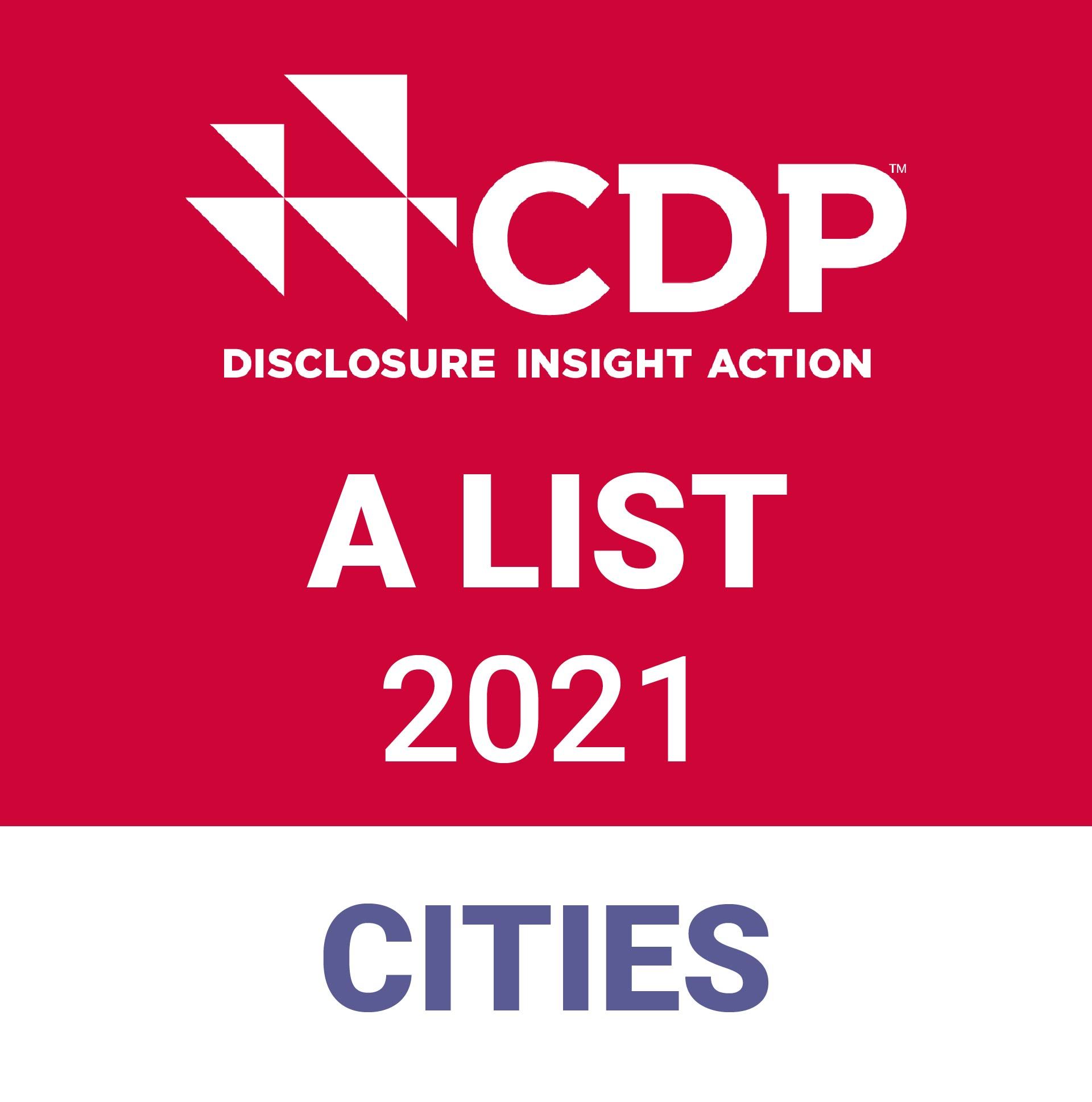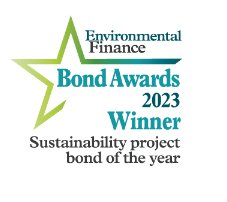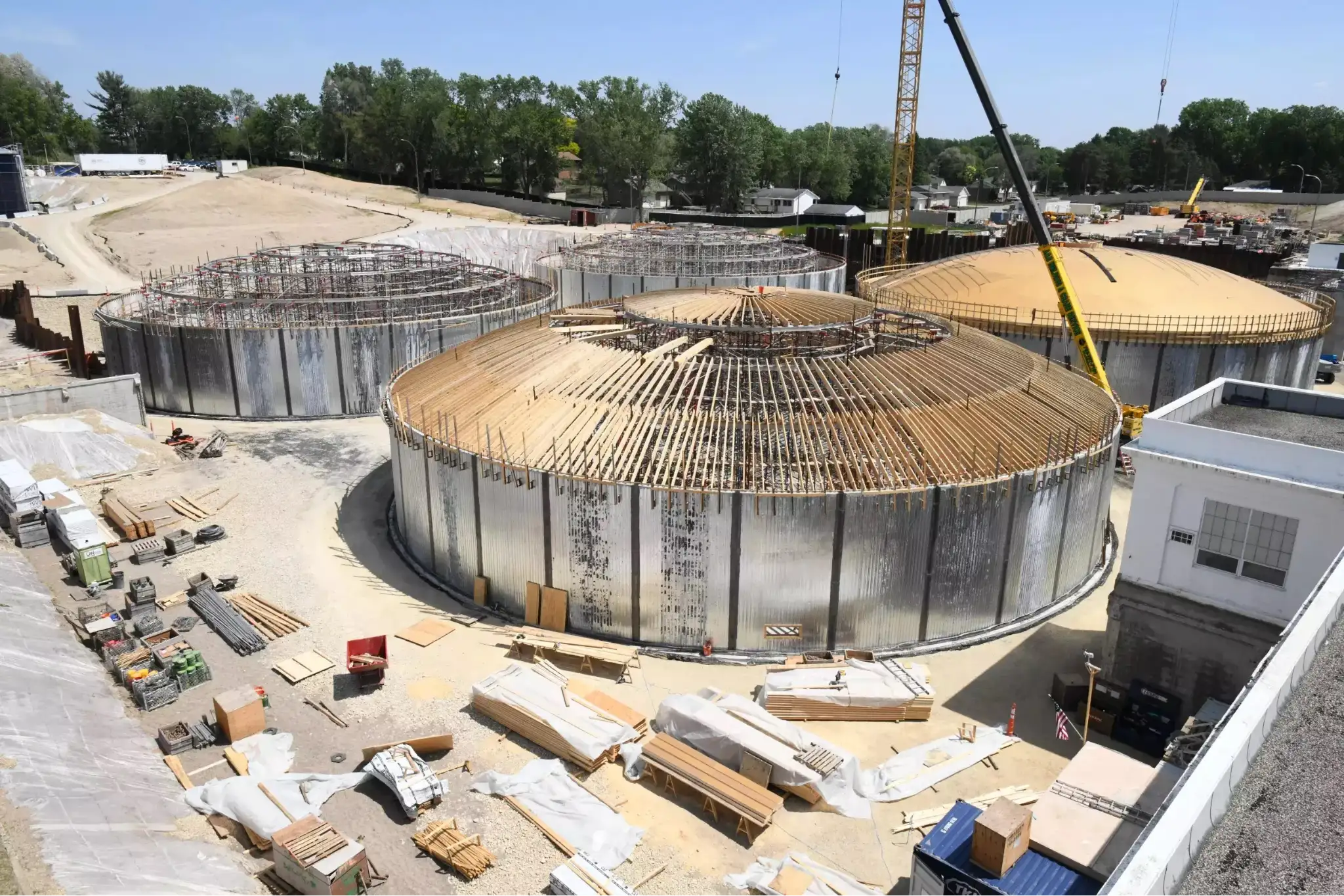Learn about our environmental, social, and governance program, and how we bring those values to life with green bonds, sustainable projects, and more.
Get Issuer Alerts
Add this issuer to your watchlist to get alerts about important updates.
Learn about our environmental, social, and governance program, and how we bring those values to life with green bonds, sustainable projects, and more.
About Our Program
- First Green Bond Issuance In
- 2015
- Carbon neutrality in city operations by
- 2030
- Citywide Carbon Neutrality By
- 2050
On February 7 2023, Governor Walz signed Senate File 4 mandating Minnesota utilities to transition to carbon-free energy by 2040. Minnesota utilities will be required to meet two standards: 100% carbon-free energy by 2040, with incremental deadlines to meet until 2040. By 2035, the utilities must show that at least 55% of their energy sales are from renewable sources — wind, solar, hydroelectric and biomass. Nuclear power is not considered a renewable source under the Senate File 4 legislation.
In December 2019, building on decades of Saint Paul’s framework for community resilience, the City of Saint Paul (the “City”) passed a Climate Action & Resilience Plan. The plan focuses on achieving carbon neutrality in city operations by 2030 and citywide by 2050 with a suite of targets and actions to decrease emissions across every sector in the city. It also identifies ways to cultivate long-term resilience, enhance the natural infrastructure of the city, and promotes a vision for Saint Paul’s future with diminished threats of climate change.
Mayor Melvin Carter also created and appointed a Chief Resilience Officer. The position promotes sustainability strategies aimed at protecting Saint Paul families from the effects of climate change. It also engages internal and external advocacy with regard to green building standards, transit advocacy, the City’s Complete Streets plan, and implements initiatives to reduce the City’s carbon footprint through energy and resource efficiencies.
The vision and goals of the Climate Action & Resilience Plan impact all city departments, and influence operating and capital investment activities. The City of St. Paul views green bonds as an important tool to help meet these goals and finance low-carbon, climate-resilient infrastructure.
Since issuing its first green bond in 2015, the City of St. Paul has sold more than $56 million in Sewer Revenue Bonds and will be selling it’s first Sustainability Bond in conjunction with the St. Paul Port Authority in 2022. Impacts from the projects financed by Sewer Revenue Bonds include sustainable waste management (e.g. reducing the exfiltration of contaminated wastewater into the ground or reducing the risk of sewage back-up into the environment) and sustainable water management (e.g. reducing the amount of clean water entering sewer systems or improving/adding new water treatment systems).
These Green Bonds Reports are being provided voluntarily by the City of St. Paul in connection with the issuance of Green Bonds. The delivery of these Green Bonds Reports may not, under any circumstances, create an implication that there has been no other change to the information provided in any final official statement.
Green Bond Program
The City began its Green Bond financing program in 2015 to fund its annual capital improvement and maintenance projects for the Sanitary and Storm Sewer Utility. The capital projects funded by these Green bonds reduce the amount of untreated sewage and storm water that enter the environment and reduce the amount of clean water entering the treatment system.
The first Green Bond report was published in May of 2016. The City plans to update this report annually, or until the proceeds of a series have been spent.
Green Bond Framework
The City generally uses a Green Bond Framework that is focused on “Use of Proceeds” when evaluating whether the bonds are eligible to be designated as green. The City may evaluate future transactions with key performance metrics at the election of the City’s finance team. The City will include the following components to its green bonds designation: Use of Proceeds, Projection Evaluation and Selection Procees, Management of Proceeds and Reporting.
Find out more on the city’s Green Bond Framework
Sustainability Bond Reports
The Port Authority and the City sold Tax-Exempt G.O. Bonds, Series 2022-1 and Taxable G.O. Bonds, Series 2022-2 on March 10, 2022. The Bonds will finance the Emerald Ash Borer Project (“the EAB Project”), in response to the ongoing Emerald Ash Borer (“EAB”) infestation, and pay costs of issuance and capitalized interest. Bond proceeds will cover the following components of the EAB Project: all costs of tree removal (including disposal and land prep) on boulevards, public rights-of-way, and other city-owned land and the purchase of new trees with a one-year warranty. The City and the Port Authority are also creating a jobs program related to tree replanting. Without the EAB Project, the City could lose one fifth of its green space, which would have adverse localized consequences, including: losses in property value, weakened resilience to natural disasters, heightened urban heat island effects, public health challenges, and more.
The City has set an ambitious goal to exceed 1:1 replanting by planting 13,000 trees—2,000 more trees than will be lost to EAB. The City’s implementation of the EAB Project centers on equitable distribution by prioritizing neighborhoods with low tree canopy, which are predominantly BIPOC communities. Addressing the EAB infestation in the City is urgent: the overall physical and environmental health of the City and the public health of its residents are at stake. The EAB Project advances the survival and sustainability of the City’s urban forest. Per a Second Party Opinion from Kestrel Verifiers, the EAB Project is an eligible project as defined by the Sustainability Bond Guidelines in the following project categories: Environmentally Sustainable Management of Natural Resources, Response to Human Impact on Ecosystems, Equitable Access to Ecosystem Services and Equitable Access to Jobs & Employment.
The first Sustainability Bond Report was published in the Summer of 2023. The City and the Port Authority, plan to update this report annually, or until the proceeds of a series have been spent.
CDP Award Recipient

The City of Saint Paul (Saint Paul) has been recognized as one of 95 cities worldwide on the 2021 CDP Cities A List. This is the fourth annual Cities A List published by CDP, since it started in 2018. Saint Paul has been recognized by CDP for its ambition, leadership, and transparency on climate action.
CDP is a global, non-profit charity that runs the world’s disclosure system for investors, companies, cities, states, and regions to assess their environmental impact and drive the urgent action needed to reduce their greenhouse gas emissions, safeguard water resources, and protect forests. Founded in 2000, CDP has been working with cities since 2011. In 2021, over 13,000 companies (worth over 64% of global market capitalization) and over 1,100 cities, states and regions disclosed data through CDP on climate change, water security and deforestation. The global economy looks to CDP as the gold standard of environmental reporting, and the organization holds the world’s richest and most comprehensive dataset on how companies, cities, states, and regions measure, understand and address their environmental impacts.

Saint Paul Port Authorty wins Sustainability Project Bond of the Year 2023
In April of 2023, Environmental Finance awarded the Saint Paul Port Authority their distinguished 2023 Sustainabililty project bond of the year for the $15.9 million Emerald Ash Borer (EAB) Project issuance.
Environmental Finance Bond Awards judges said that this project stood out for its “interesting” work on invasive species. Emerald ash borer is an invasive insect that has killed millions of ash trees throughout the eastern half of the United States, devastating familiar landscapes and demanding an expensive clear-up. This award recognizes the work of the City of Saint Paul and the Saint Paul Port Authority who partnered to issue sustainability bonds that would finance the replacement of dead, dying, or at-risk ash trees. This will enable the Port and the City of Saint Paul to implement their replanting program, which integrates critical aspects of environmental and social sustainability in urban forest management to address the ongoing impact of humans on local ecosystems, as well as building greater climate resilience and reducing public health risks for disadvantaged neighborhoods.
Environmental Finance is an online news and analysis service established in 1999 to report on sustainable investment, green finance and the people and companies active in environmental markets.
Sustainability project bond of the year: Saint Paul Port Authority
Climate Action Dashboard
The City of Saint Paul Climate Action Dashboard was created to showcase the comprehensive and inclusive efforts being undertaken by the City and its partners. It’s a powerful example of how local action can make a global impact.



